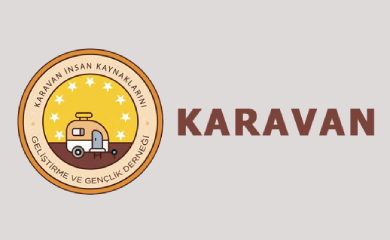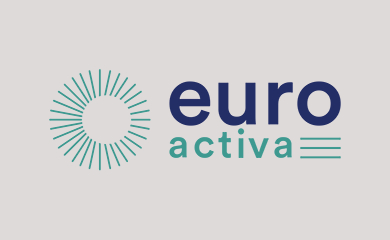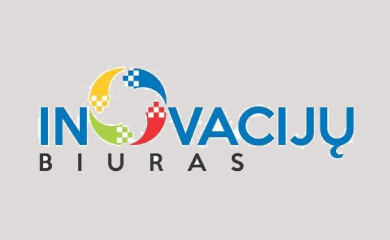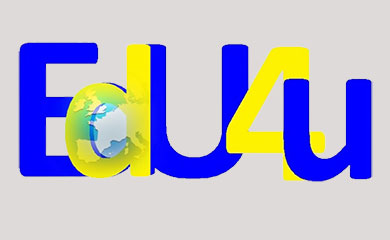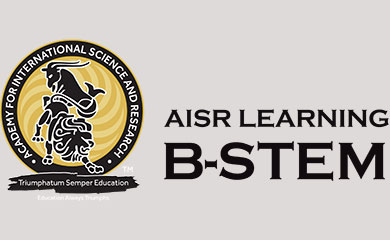The « Gamification, Digitalization and Practical Tools for Developing Circular Economy Skills » Erasmus+ project focuses on providing sectoral employment skills through nonformal learning activities, especially for young people with fewer opportunities (NEETs, migrant youth, etc.), to reduce youth unemployment. The project addresses a critical need to equip youth, youth workers, and businesses with green and circular skills essential for the transition to a sustainable economy.
The CE+ project tackles urgent environmental challenges by focusing on sustainable practices and circular economy concepts for youth, youth workers, and businesses. It aims to bridge the skills gap through non-formal education, enhancing youth employability in a sustainability-driven job market. The project engages youth in sustainability initiatives, supports youth workers with resources, and fosters innovative educational methods like gamification. It also promotes business adaptation to green practices and aligns EU policies with global sustainability goals, ensuring practical, actionable solutions for long-term environmental change.
To address the above needs, the partners developed the following project results :How does the project address the selected priorities ?
The transition to a circular economy will not only contribute to the solution of the climate crisis, but will also provide young people with a range of green sectoral skills. Our project will bring together partners from different EU countries to create products that will provide young people with the sectoral skills necessary for a circular economy. The project will promote the creation of sustainable societies by training youth professionals and youth through virtual courses.
What are the objectives you would like to achieve ?
The project provides opportunities for young people to gain new knowledge about economics, design and business models, as well as using them to develop circular economy skills. The project promotes cross-sectoral cooperation by increasing the green skills of young people necessary for the transition to a circular economy. In breaking the pressure of COVID-19 on economies and employment, the circular economy can offer a solution that will open the door to green jobs. Our aim is to equip low-skilled youth with circular economy skills through learning methods based on digital tools and gamification.
- Promoting entrepreneurship, social entrepreneurship and active citizenship of young people with circular and green skills
- Raising awareness for cyclical activities to become widespread in society
- Providing non-formal learning tools for youth operators to conduct circular economy trainings
- Increasing employment opportunities by equipping low-skilled youth with circular skills
- To produce innovative tools/materials based on digital and gamification for the acquisition of circular skills
- Encouraging youth organisations, businesses and universities to engage in more circular activities
- Circular economy handbook: Non-formal learning material for youth operators and will develop circular and green skills of target groups.
- 3 modules of circular economy and green skills virtual courses
- 500 people participating in virtual courses (100 from each country)
- Circular economy educational escape rooms game: A circular economy game with 6 different scenarios has been produced that allows young people to have fun and learn by themselves.
- User guide/instructions, QR codes and tips for games
- 6 multiplier events in all partners' countries
- 240 recipients of project results in multiplier events (young people/youth operators)
- 150 youth experts (25 people from each country) trained through local project activities
- Online/cloud folders with project information (Google drive, yandex drive etc.)
- Presentation of the project; dissemination package for distribution and use of results (project website, social media accounts, logo, 4 bulletins in 6-month periods, 2 press releases in each country, brochures)
- In this work package, management tools, transnational project meetings and contracts (project management plan, communication plan, quality plan and monitoring evaluation strategy, risk plan, monthly action plans, dissemination and sustainability plan, 4 transnational meetings and the agenda and minutes of these meetings)
- Developed green and circular skills of young people for quality employment.
- Employment skills of low-skilled youth have been strengthened.
- Active citizenship and social entrepreneurship characteristics of target groups have increased in the fight against climate change.





